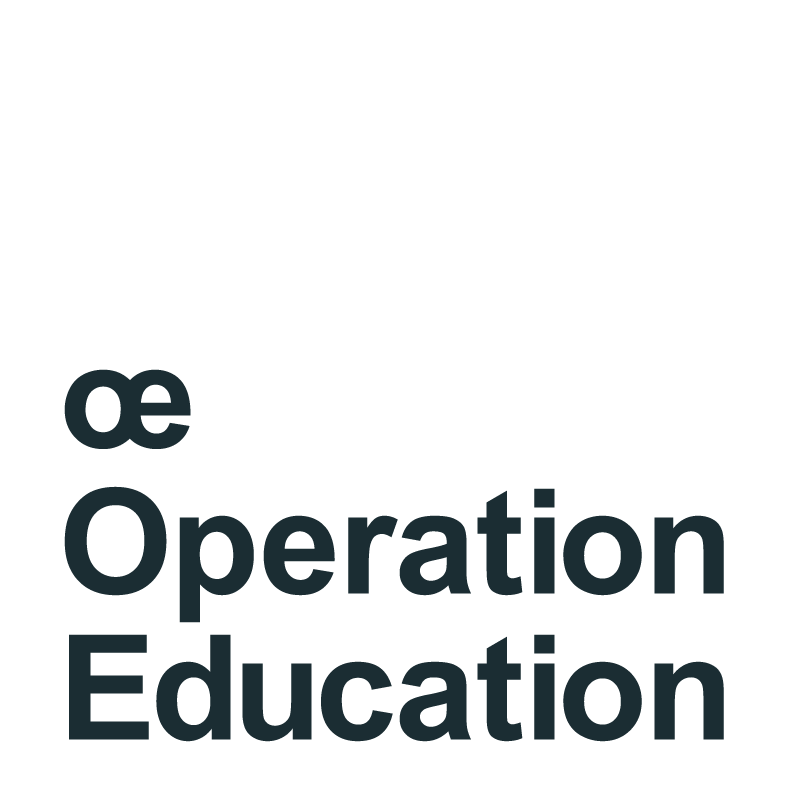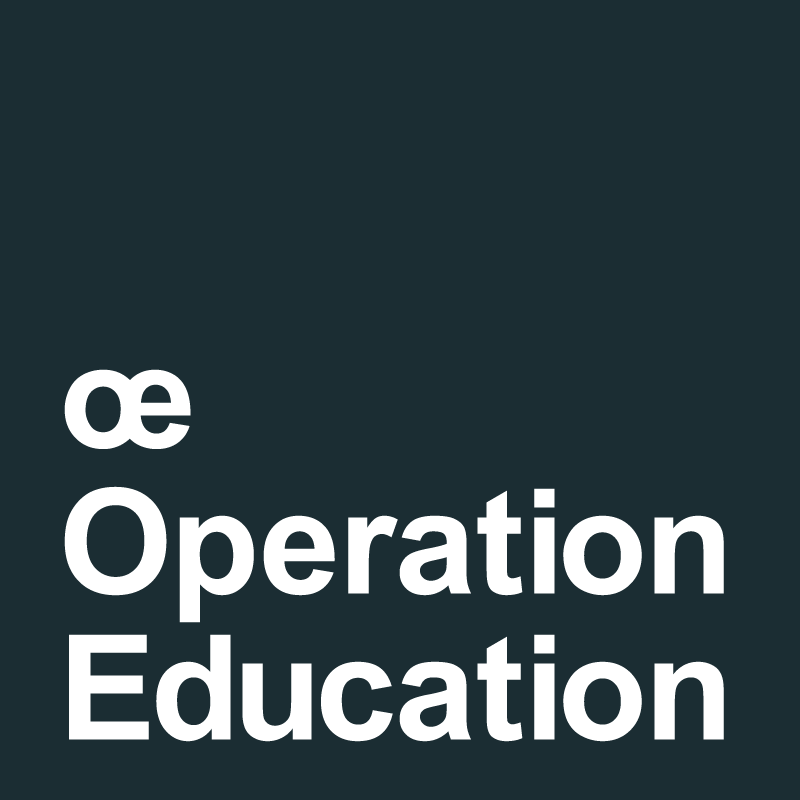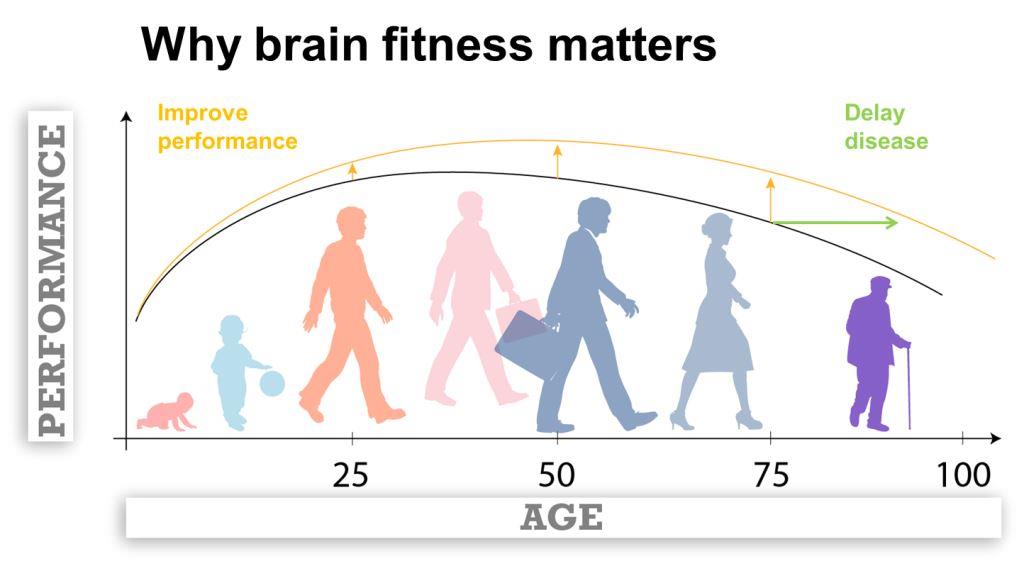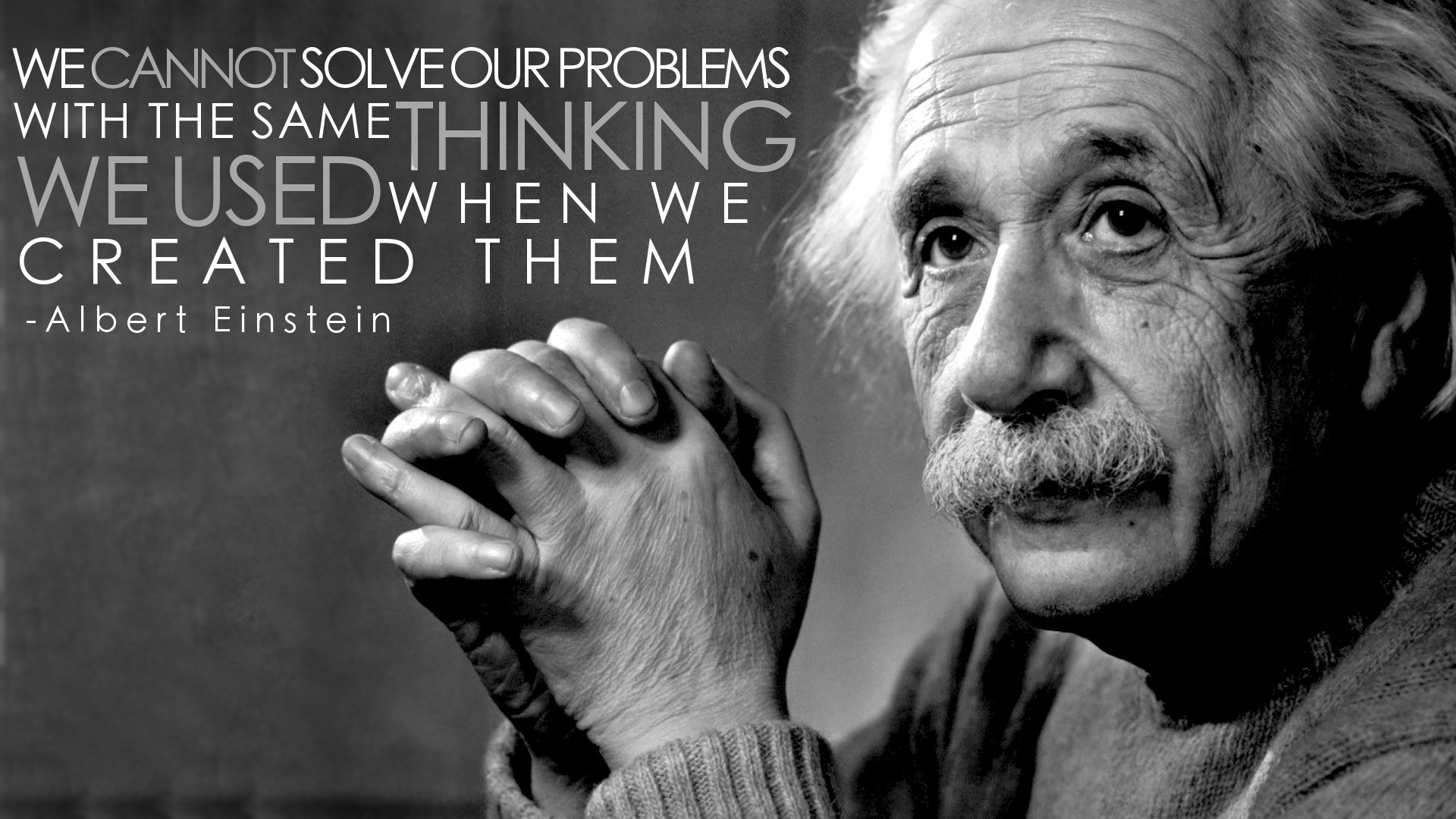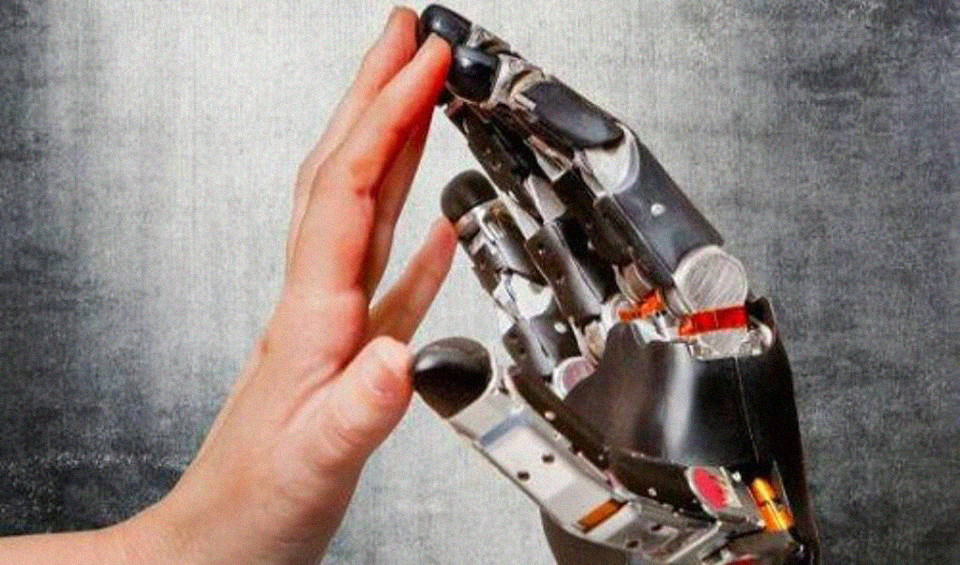
16 okt Considerations on formulating the answer to the ‘what for’ question
‘What is the purpose of education?’ This is not an easy question – and neither is the answer. But it is, as I already exemplified in my last blogpost, of great importance to formulate new answers together.
Children born today in the Netherlands have a life expectancy of maybe a hundred years. What does it mean to live a hundred years in an ever-changing society? What is important to learn?
In this blogpost, part two of a series of three, I am going to share with you a few points to consider when formulating the question: what is the purpose of education – or rather: what is the purpose of education, seen as the combined action of education, upbringing and development?
Quality and core objectives
What is quality? Nowadays, quality is still measured by standardised tests like Cito (in the Netherlands), and internationally like PISA (Programme for International Student Assessment of the OECD). The connection between PISA and economical factors is quite easy – but does it still respond to present-day needs? How does PISA (or Cito) relate to well-being, sustainability and what we deem important for the future?
In my country, Holland, we have a beautiful set of core objectives for primary and junior years of secondary education, called the ‘Kerndoelen’. Even though it’s written nowhere that children are to be judged on the basis of these core objectives, (perceived) truth is, they still need to pinpoint where Appelscha, a small village in Holland, is. They still need to have a proper handwriting, know by heart important years in history and they still need to be able to differentiate and integrate in calculus without making mistakes.
How does this reality relate to what is needed in today’s and tomorrow’s world and to what we, as individuals and society, actually deem important to learn? How does having one norm for everybody relate to the virtually endless diversity of natural qualities people have and to virtually endless roles people can fulfil in society? Aren’t we letting a big potential pass by only pursuing this small set of qualities and only judging pupils on (just) these objectives?
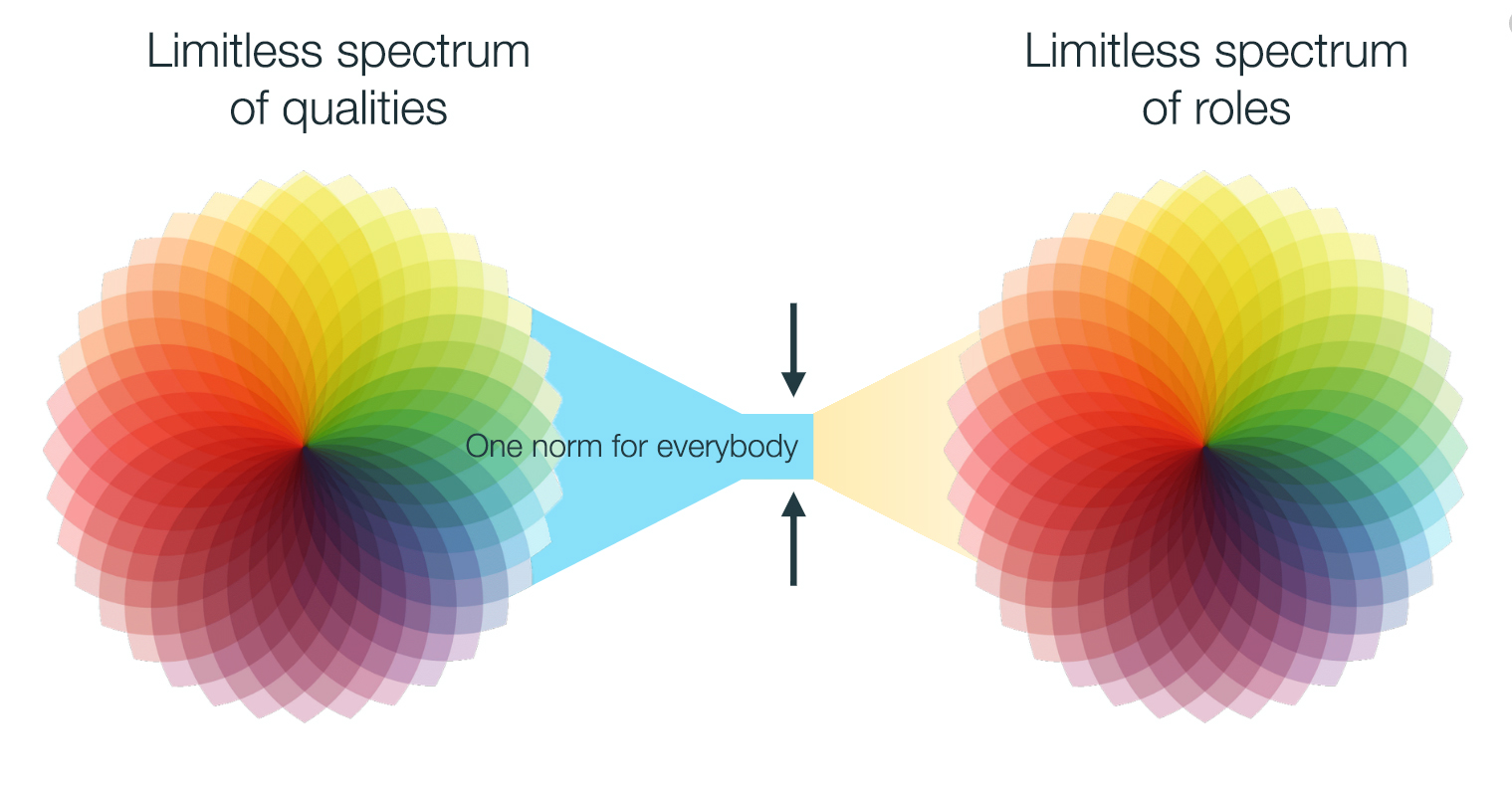
Exponential technological developments
During my time as co-founder of Layar, back when they were leader in the global market of Augmented Reality (AR), we had to hire a lot of AR experts. These people don’t come from an existing education. It takes five years for a new institute to be established and accredited. Add another 4 to 5 years to finish such an education and the field will have evolved in such a way that is has already been overtaken by other technologies.
Fast emerging (and also sometimes quickly disappearing) organisations like Layar aren’t the exception, they are more and more becoming the norm. We live in an era of rapid developments, where technological and joint social developments no longer proceed linearly but exponentially.
Moore’s Law
The computing power of computers, robots and artificial intelligence is developing along Moore’s Law, formulated by Gordon Moore in 1965: every 1,5 to 2 years a redoubling of an ever constant price. Nowadays, it is the ‘roadmap’ for chip producers like ASML and we have every reason to assume that this exponential development will carry on in the coming decennia.
WaitButWhy offers a worth reading and amusing ‘longread’ on the development of artificial intelligence (AI). The exponential growth of computers and robots is already making self-driving cars more safe (read: less accidents) than human-driven cars, and computers are better in discovering tumours in X-Ray photos than specialists – so, easy as apparently more complex tasks can be taken over by computers, and this something that will only multiply in the future.
To make it all even more dizzying, here you can read the predictions of the experts of Singularity Hub on what we will be dealing with in the years of 2030:
- Direct brain-to-brain communication
- Google in you brain (all knowledge directly into your neurons)
- Scalable intelligence (for when you need to know something quickly, adding the amount of processors in your brain)
- Living in a virtual world (The Matrix x 1000)
- Extensive immune systems (nano robots who directly attack diseases or who make sure you have the right amount of nutrients in your body)
- Downloadable expertise (just like The Matrix but for real)
- Extensive and searchable memory (remembering everything you have ever lived through or learned
- Higher order of being (Hurray, we are becoming more fun)
It all sounds very unreal – certainly for people who are used to linear thinking and observing. Exponential technologies have the feature of seeming disappointingly slow in the beginning before they become disruptive. Wether they will appear to be (exactly) true or not, it is a given that changes will be rapid.
Unique human abilities
What remains? What kind of people are companies like Layar or the ‘Layars’ of the future looking for? Are people still needed?
Yes of course. The amount of payed jobs could be drastically reduced (but that is a completely different discussion), there will always be a lot of roles in society that cannot be taken over by computers or robots. The qualities who go with that make a unique as humans. Just think of imagination, cooperation, creating a culture, having intuition, flexibility, creativity, resourcefulness. some people call them the 21st century skills. But you might as well call them the 4th century B.C. qualities – because it is these features that have procured us people this continuos development.
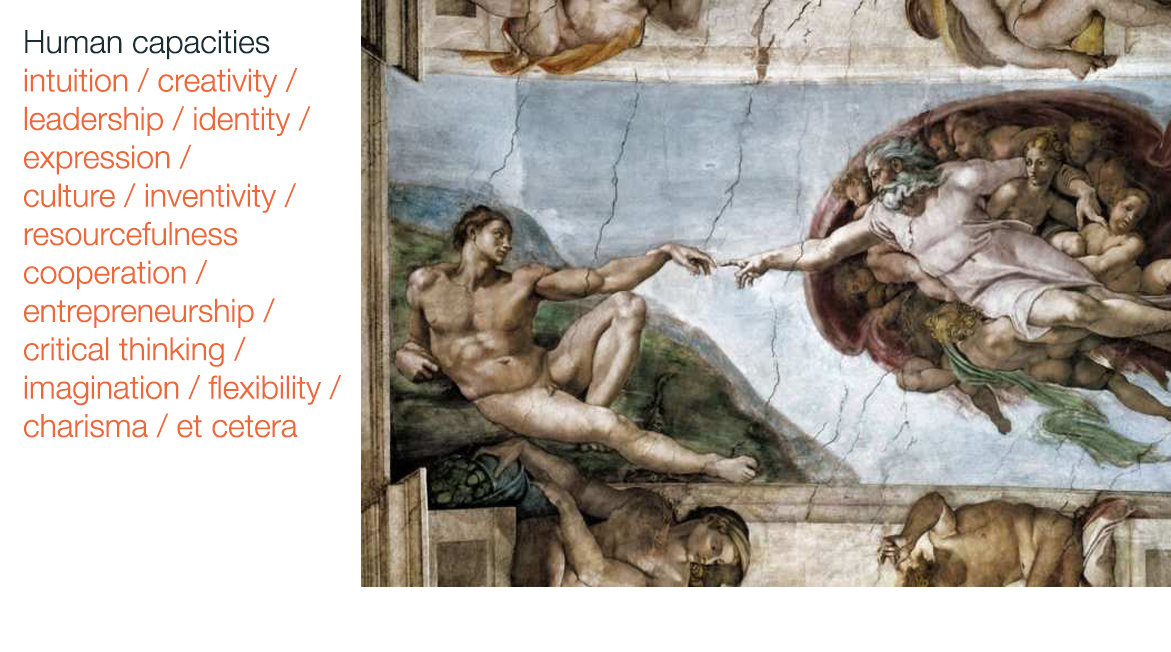
Health & Happiness
Let’s go back to living for a hundred years – and let’s look at the factors happiness and health.
The Australian palliative nurse Bronnie Ware has written a famous book on the top 5 regrets of dying people at the end of their lives:
- I wish I had the courage to live true to myself, not the life others expected of me
- I wish I hadn’t worked so hard
- I wish I’d had the courage to express my feelings
- I wish I had stayed in touch with my friends
- I wish that I had let myself be happier
Imagine establishing the interaction of education, upbringing and development in such a way that people wouldn’t regret this at the end of their lives?
Brainfitness
Regarding health, brain scientists have an increasingly better picture of what is important for a longer and healthier life. Take a look below at a schematic image of the brain fitness by age. Brain fitness peaks at thirty and then starts decreasing. In the past, when life expectancy was fifty years this wasn’t much of a problem. But now, that our life expectancy is reaching a hundred, we have to take care our brain fitness, so it peaks higher and decreases at a slower pace to have something left over in the end. A higher peak means a curve that is more steep during the first really important life years.
With brain scientists there are a few factors that are of major importance when it comes to increasing brain fitness: physical effort (a minimum of 30 minutes of average intensive moving per day, 7 days a week), stress management (a good balance between exertion and relaxation) healthy nutrition, mental stimulus and meditation.
How do these factors relate nowadays to how we have established our education? Should we put a good mental and physical health on our list of educational goals?
Peace and well-being
If you want to change the world, you have to start at the source. I believe the source is the way we prepare children for society. Albert Einstein said: ‘We cannot solve problems with the same thinking we used when we created them.’ How can we ensure that children think “differently”, when they are currently being taught to give the right answers and evaluated through standardised testing?
If we want to live in peace and with a certain amount of well-being on this planet, while keeping our planet healthy, what is important? If we want to accomplish what’s important to us, we need to start at the source; and that is the way we prepare young people for adulthood and the way we let them blossom.
This question engrosses my mind day and night – and I hope sometimes the same happens to you too. I hope that you will also want to deploy your power of thinking and your power of doing with big groups of people in order to formulate new answers to this so very important question: ”What is the purpose of education?”
…
Translation from Dutch: Amber de Bruin, Editing: Eleftheria Karyoti
